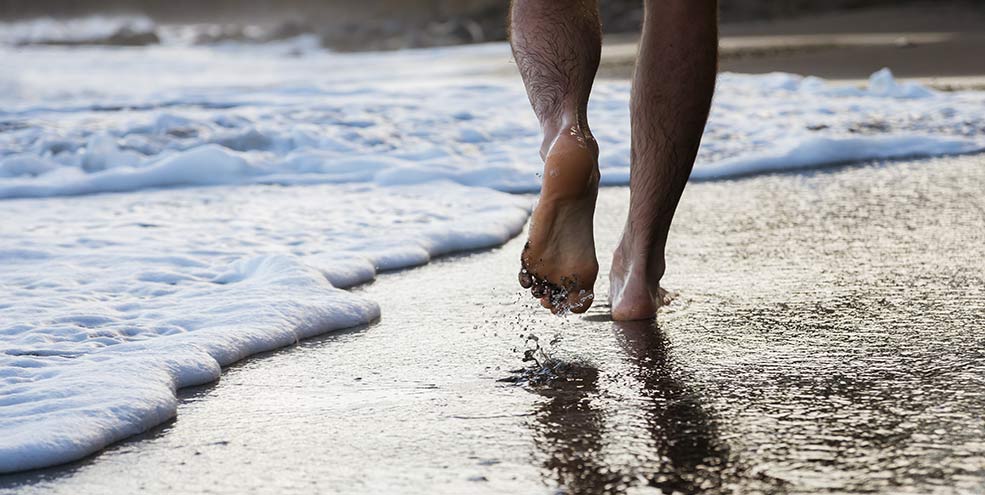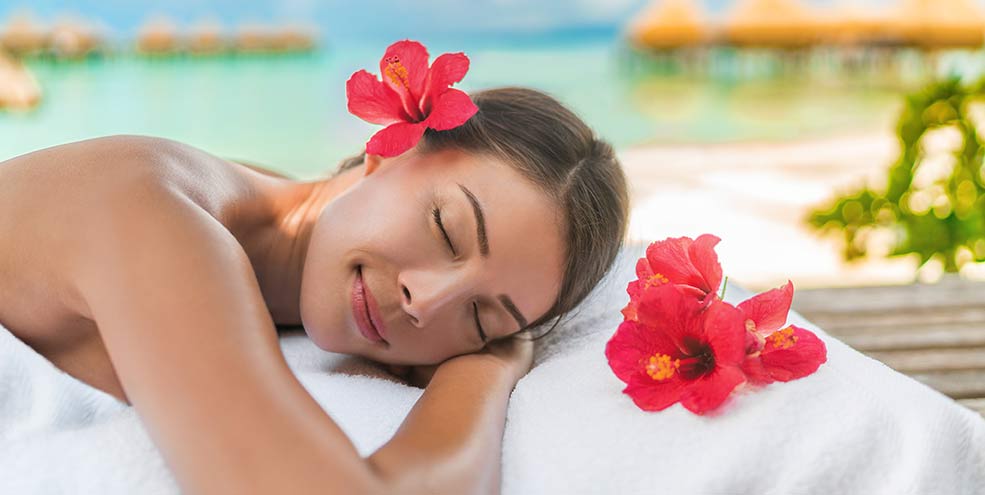Step into the world to gain a healthy attitude toward your life back home.

For many of us, traveling for any kind of getaway is a treat. Packing a bag and heading out opens up opportunities for fun while providing a much-needed break from life’s challenges. Be it an excursion for vacation or a promising business opportunity, or a less joyous trip-related the travails of work, relationships, death, cross-cultural uneasiness, quarantine fatigue or even a global pandemic; we can all benefit from a mental pause gifted to us by leaving home for a spell.
What is it about exiting our current surroundings that seem to rejuvenate the human spirit when we’re going through difficult times? Even though circumstances seldom change, we generally feel better when we return after time away. Why is that? How can I contextualize the overall benefits of travel on mental health?
Perhaps the answer is in one of my experiences. I arrived on a tropical island and watched the sunrise while listening to the water ripple as the sea gently stroked the shoreline. The lovely scene touched all my senses and effortlessly made me forget about the burdens I carried. As I sat still and pondered the indescribable yet magnificent splendor of that moment, I found a surge of joy. I realized I was looking forward to living in the next moments. Worry disappeared, replaced by an eagerness to experience the next hours, days, and weeks. I was so surprised by this reaction that I told friends and colleagues, “I’ve got to do more of this! It really was breathtaking!” And, temporarily, life-changing.

Truth is, most folks I’ve spoken with eagerly share the excitement of their experiences when they return from various trips—even if their views were of skyscrapers, farms, or even airport hotel lobbies. It seems that while they’re in a new environment they aren’t so focused on the reason they’d left. Escaping physically lets them take a break mentally as well. Stepping out offers an opportunity to reassess their circumstances, then garner the strength to come back and persevere. I call this an attitude adjustment. Whatever name you give it, leaving your base then returning refreshed works for many.
For the sake of mental health, we should all work routine travel into our lives. Regardless of destination or distance, a stint in a new setting can be a great step toward clearing our minds, seeing challenges from a new perspective, gaining motivation, and maybe even building self-esteem. Travel smart, of course. *Drink plenty of water, eat balanced meals and get plenty of rest while on your journey. It’s math: trips + a healthy lifestyle = easing depression, stress, anger, and anxiety.

So next time you’re wrestling with life’s most pressing idiosyncrasies, go ahead and spend a night or seven somewhere different. Drive to the beach. Take an auto train to a place you’ve never been to. Trek through a vibrant city or along a scenic hiking trail. Fly to a remote island. Explore a historical site. Join a bus tour of a new-to-you town or attraction. Book a hotel or resort right in town for a few days. Whatever you do, take the pressure off yourself and enjoy a trip for YOU! You may just find yourself refreshed, renewed, and invigorated upon return—and that’s what travel is all about.
A great artist, Ronald E. Kelly, once told me: “Never become so worried about tomorrow that you can’t enjoy today!” So, get going. You’re still above ground. Live and enjoy life to the fullest

*The CDC has stated, “If you are taking medicines to treat a mental health condition, continue your normal routine. Don’t let your travels steer you off course with your treatment.”

